In this article, we’ll explore 10 common culinary ingredients that have the potential to exacerbate allergy symptoms. Understanding these triggers can help individuals with allergies make informed choices about their diets and minimize the risk of unwanted reactions.
Contents
Cinnamon

Often loved for its warm and sweet flavor, cinnamon can sometimes cause allergic reactions, ranging from skin irritations to respiratory issues in susceptible individuals. If you notice allergic reactions, a substitute that could be used is allspice, which offers a somewhat similar flavor profile without the potential allergenic properties.
Garlic
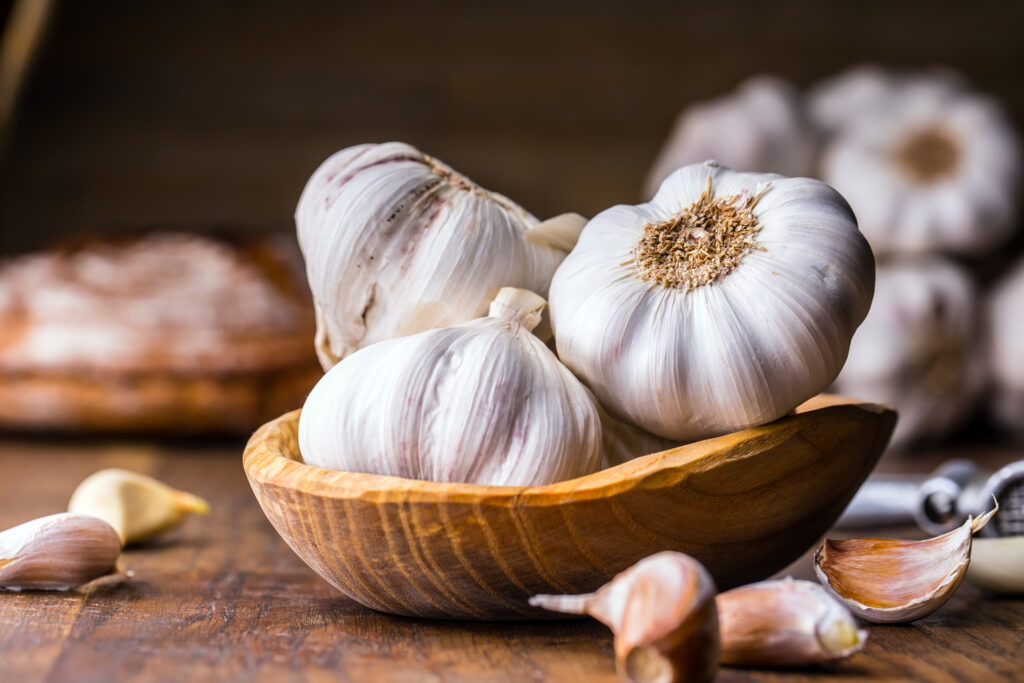
A common ingredient in many dishes, garlic can lead to allergic reactions such as skin rashes and digestive problems in some individuals. For those sensitive to garlic, a potential alternative could be asafoetida powder, which gives a similar pungent and umami flavor to the dishes.
Mustard
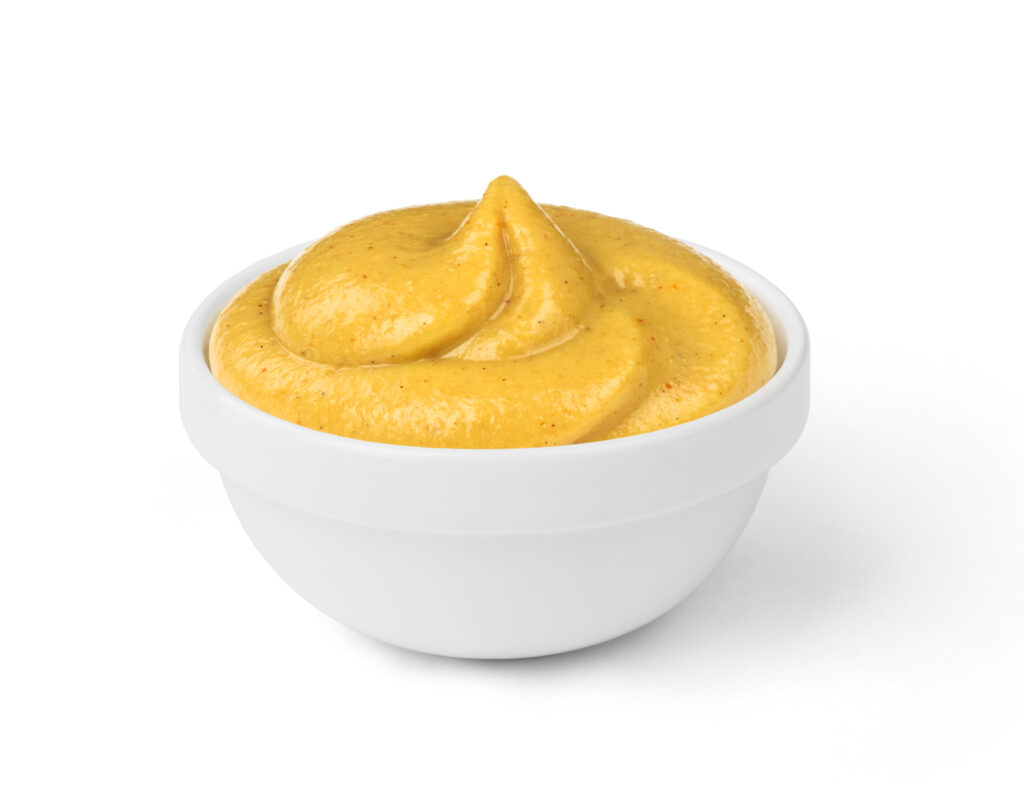
Often hidden in a variety of dishes, mustard can be a potent allergen causing reactions like hives or stomach distress. If you suspect an allergy to mustard, you might want to try using turmeric or horseradish as a spicy, flavorful substitute in your recipes.
Black Pepper
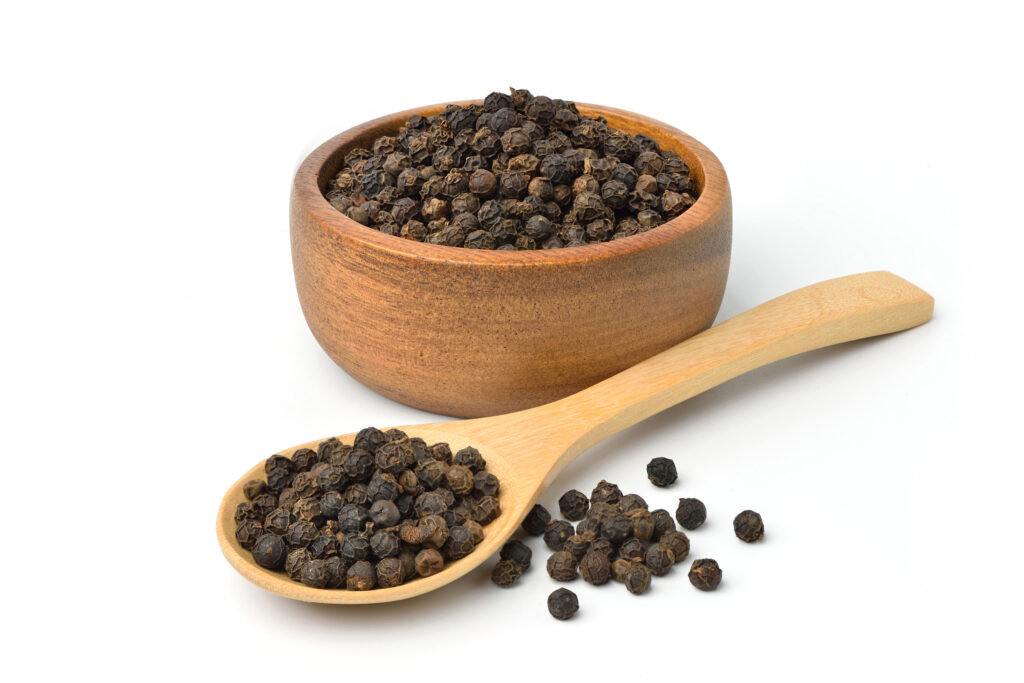
A staple in many kitchens, black pepper can sometimes cause an allergic reaction, presenting symptoms such as sneezing and respiratory distress. If black pepper is a concern, white pepper might be a milder alternative, still offering a peppery kick but with a lesser risk of allergies.
Paprika
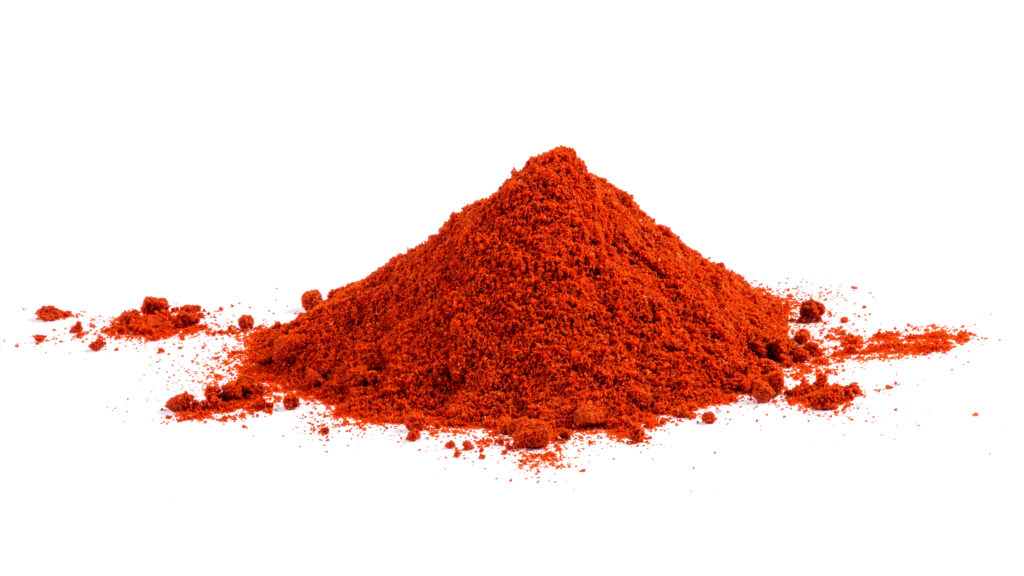
Used for adding a smoky flavor and vibrant color to the dishes, paprika can trigger allergy symptoms in some individuals. If paprika is a problem, consider using sweet red pepper flakes or a pinch of cayenne for color and flavor without the same allergic potential.
Nutmeg
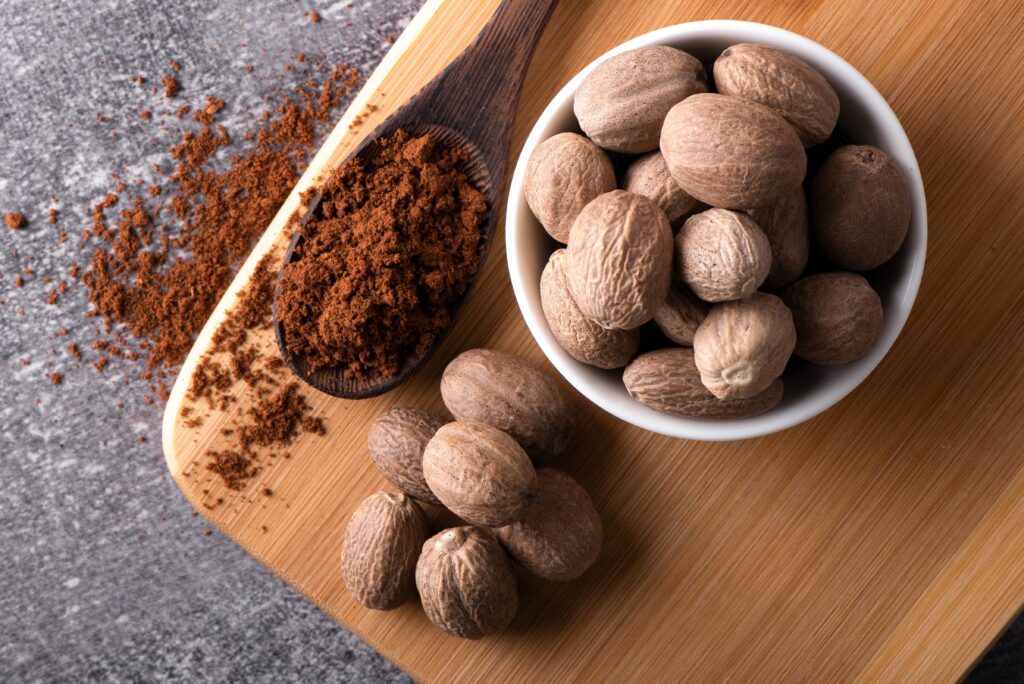
An integral part of many sweet and savory dishes, nutmeg can, in rare cases, cause allergic reactions. If you’re looking to avoid nutmeg, consider substituting it with a mixture of cinnamon and allspice to mimic its warm, sweet notes.
Fennel
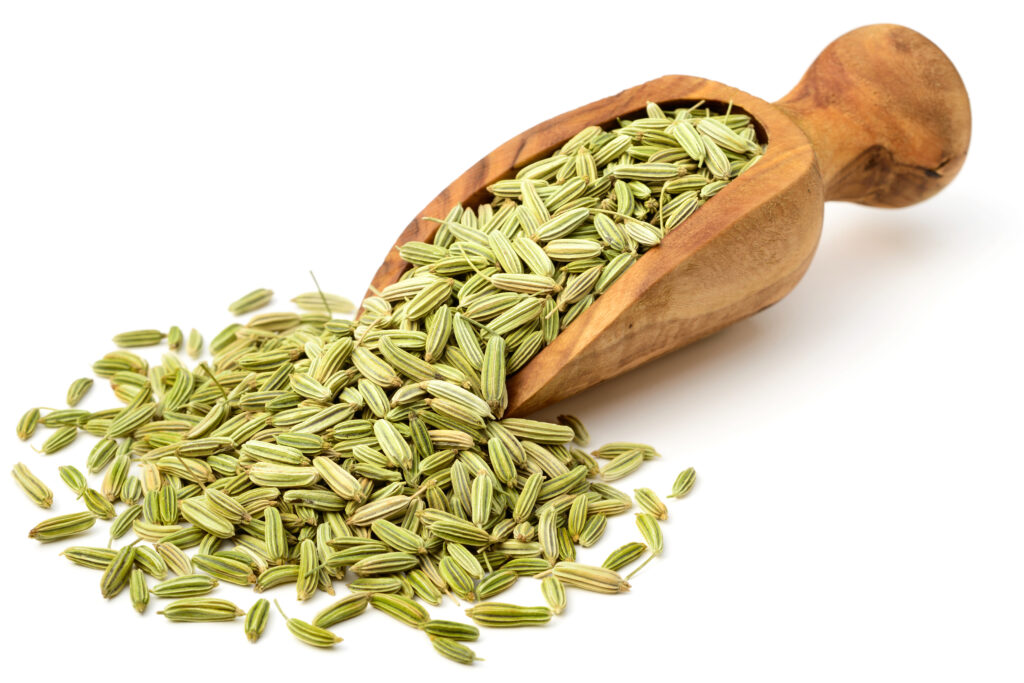
While not incredibly common, fennel allergies do exist and can cause reactions such as swelling or hives. In recipes calling for fennel, you might try using celery or a bit of anise seed as a substitute to achieve a similar flavor profile.
Dill
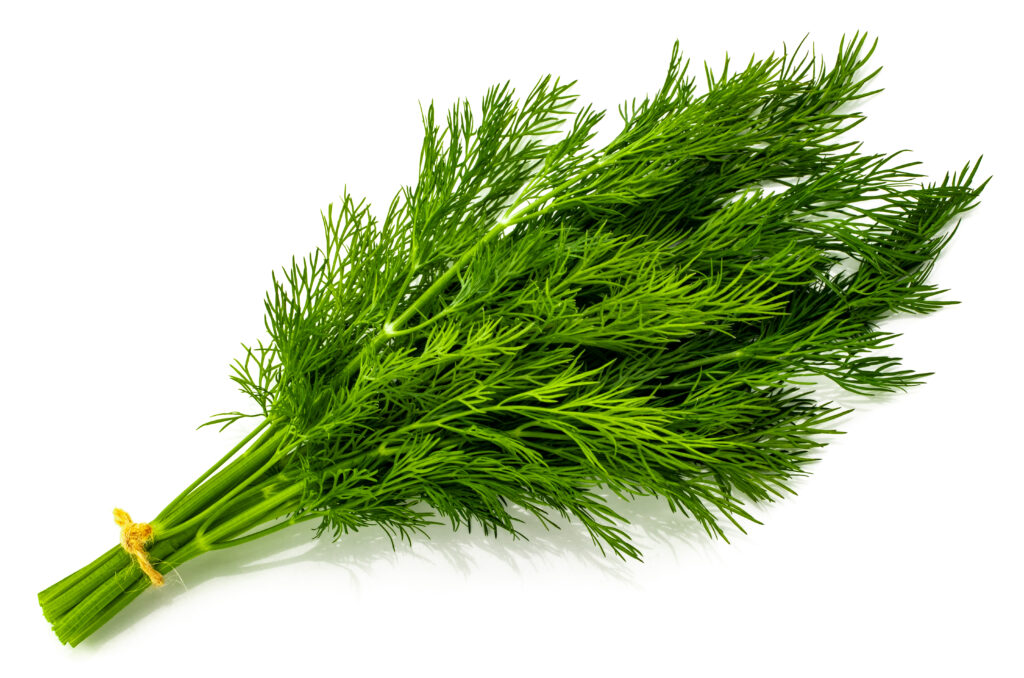
Though it adds a bright and fresh flavor to dishes, dill can sometimes cause allergic reactions in individuals. If dill is a concern, fresh parsley or tarragon might be used in its place, providing a somewhat similar freshness to your dishes.
Caraway Seeds

Sometimes triggering allergic reactions, including skin rashes, caraway seeds are a spice to be cautious of if you’re prone to allergies. Consider using a hint of fennel seeds or anise seeds as a substitute, both of which offer a somewhat similar flavor without the allergenic properties.
Cumin

Common in a variety of cuisines, cumin can sometimes cause allergic reactions in sensitive individuals. In case of an allergy to cumin, coriander might serve as a good substitute, providing a slightly citrusy flavor that complements many dishes well.
This article originally appeared on RetailShout.
More From RetailShout
10 Mistakes To Avoid In The Freezer Aisle

Next time you’re hitting up the grocery store, let’s talk about something we often overlook the freezer aisle. It’s packed with convenient and delicious options, but there are some common mistakes that can trip you up. Read More.
10 Purchases You Should Always Make with Cash

Handling money can be tricky, especially with all the digital payment options available today. However, there are certain situations where paying with cash is still the best way to go. Cash can save you money on fees, help you stick to a budget, and make transactions smoother and faster. Read More.
16 Creative Upgrades for Your Breakfast Sandwich

Breakfast sandwiches are a fantastic way to start the day, but sometimes the same old routine can get a little boring. If you’re looking to shake things up and add some excitement to your mornings, I’ve got some great tips for you. Read More.






